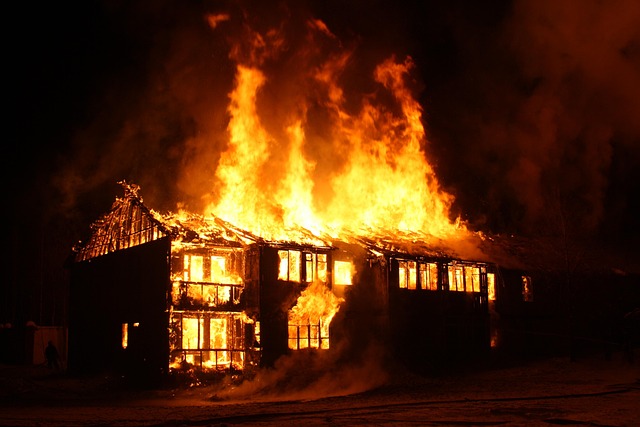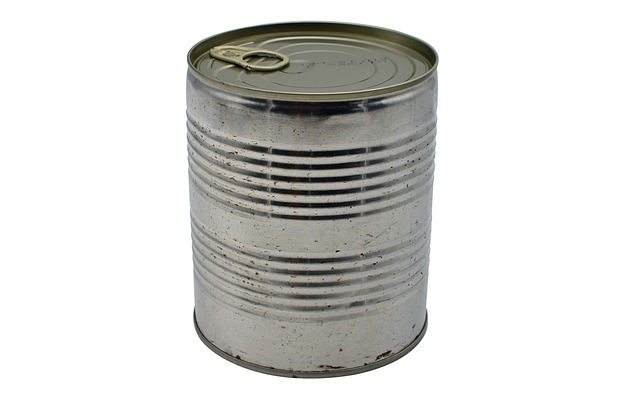Selling a home with fire damage in Houston involves understanding local regulations, consulting legal experts, and working with professionals for repairs and marketing. Prompt action, transparency, and adherence to building codes ensure a successful sale while providing peace of mind for both sellers and buyers in Houston's dynamic real estate market. Researching specific housing regulations and engaging seasoned real estate agents are key steps to navigating the unique circumstances of selling fire-damaged properties in Houston effectively.
“Uncovering the ins and outs of Houston’s housing regulations is crucial for anyone navigating the real estate market, especially when dealing with fire-damaged properties. This comprehensive guide breaks down the complexities of selling a house with fire damage in Houston. From understanding local regulations to legal considerations, we provide a step-by-step overview to ensure you’re informed and prepared throughout the process. Discover your options and learn how to effectively sell your damaged property in this bustling city.”
- Understanding Houston's Housing Regulations: A Comprehensive Overview
- Fire Damage and Real Estate: What Homeowners Need to Know
- Legal Considerations for Selling a Damaged Property in Houston
- Steps to Navigate the Process of Selling a House with Fire Damage in Houston
Understanding Houston's Housing Regulations: A Comprehensive Overview

Houston, as a bustling metropolis, has a unique set of housing regulations that every homeowner and aspiring buyer should understand. When it comes to selling a property with fire damage in Houston, knowledge of these regulations is paramount. The first step for any owner considering a sale is to familiarize themselves with local building codes and safety standards, which are designed to ensure the well-being of residents. These guidelines cover everything from structural integrity to electrical systems, including specific requirements for repairing or replacing damaged areas affected by fires.
One common query that arises is whether it’s possible to sell a house with fire damage in Houston. The answer lies in adhering to the city’s regulations. After a fire, a comprehensive inspection is required to assess the extent of the damage and ensure compliance with safety standards. Repairs must be done according to these codes, often involving professionals who can effectively restore the property while meeting regulatory requirements. This process ensures that any potential hazards are eliminated, providing peace of mind for both sellers and buyers in the vibrant Houston landscape.
Fire Damage and Real Estate: What Homeowners Need to Know

If your Houston home has experienced fire damage, you might be wondering if it’s possible to sell. The good news is that selling a house with fire damage in Houston is indeed feasible, but it requires careful consideration and planning. Fire damage can leave visible scars on a property, which may deter potential buyers. However, with the right repairs and transparent communication, homeowners can increase their chances of a successful sale.
Real estate professionals suggest that addressing fire damage promptly is crucial. This involves assessing the extent of the damage, obtaining necessary permits for repairs, and hiring licensed contractors who specialize in fire restoration. By taking these steps, homeowners can mitigate potential red flags that might arise during the selling process. Remember, honesty is key; disclosure of fire damage history to potential buyers shows integrity and can help build trust throughout the transaction.
Legal Considerations for Selling a Damaged Property in Houston

Selling a property damaged by fire in Houston comes with unique legal considerations. In Texas, including Houston, sellers are typically required to disclose any known defects or damage that could impact a property’s habitability. Fire damage, especially if significant, falls under this category. The law demands transparency to protect buyers from potential risks and unforeseen costs associated with repairing extensive fire damage.
If you’re considering selling a house with fire damage in Houston, it’s crucial to consult legal experts who can guide you through the process. They will advise on the level of disclosure needed, any exemptions or leniencies for certain types of damage, and the potential impact on your sale. This is particularly important because buyers looking at properties with fire damage may have specific expectations, and navigating these discussions honestly and accurately is key to a successful transaction.
Steps to Navigate the Process of Selling a House with Fire Damage in Houston

Selling a home with fire damage in Houston isn’t as straightforward as a typical real estate transaction, but it’s definitely possible. The first step is to assess the extent of the damage and determine if repairs are feasible. You’ll want to consult with a professional contractor for an accurate estimate. Once you have that information, you can begin preparing your home for sale. This includes repairing or replacing damaged areas, cleaning thoroughly, and possibly staging to make the house more appealing to potential buyers.
Next, turn your attention to the legal side of things. Check local Houston housing regulations regarding fire-damaged properties. There might be specific guidelines or disclosures required during the sales process. Engage a reputable real estate agent experienced in dealing with such situations. They can guide you through the steps, market your home effectively, and connect you with potential buyers who understand the unique circumstances of buying a fire-damaged property.
Houston’s housing regulations provide a framework that includes specific guidelines for selling properties with fire damage. Understanding these regulations, as outlined in this article—from navigating legal considerations to following steps for a successful sale—is crucial for homeowners looking to sell in the Houston market. If you’re asking, “Can you sell a house with fire damage in Houston?” the answer is yes, but with careful navigation and adherence to local laws. This process ensures that all properties in the city meet safety standards and provides a transparent real estate experience for both buyers and sellers.






